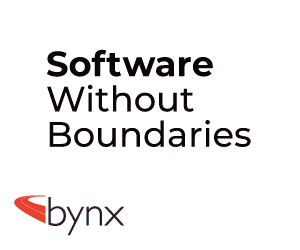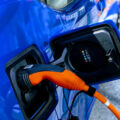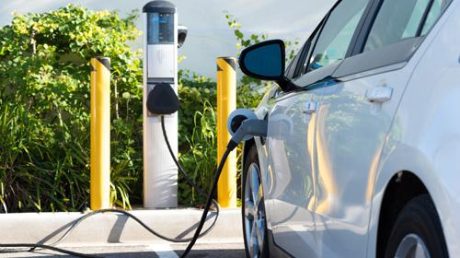Human Horizons Group Inc., the Chinese electric vehicle (EV) maker behind the HiPhi brand, has filed for pre-bankruptcy restructuring, signalling the immense challenges in China’s fiercely competitive auto market. The company’s struggle to stay afloat has culminated in a court-driven reorganisation phase, marking a critical point in the rapidly evolving landscape of the global EV industry.
HiPhi, once a promising name in the luxury EV segment, halted production last February amid growing financial troubles. Despite numerous rumoured takeover deals, none materialised, leading to the company’s eventual bankruptcy filing with the People’s Court in Yancheng, China. The court accepted the application on August 8th, directing the company to begin restructuring efforts as a last-ditch attempt at survival. This development underscores the increasingly harsh realities facing new entrants in China’s oversaturated EV market.
The bankruptcy of HiPhi serves as a stark warning for fleet operators, particularly those in Europe and the UK, who are considering integrating vehicles from new Chinese manufacturers into their fleets.
Fleet software specialist, FleetCheck, has urged caution when it comes to buying vehicles from the new wave of Chinese manufacturers arriving in the UK.

Peter Golding, managing director at the fleet software specialist, pointed out that the car maker was due to begin sales in Europe this year and had already begun the process of homologating its models.
And this issue isn’t confined to China alone. The EV market globally is experiencing a similar shakeout. Golding pointed to the recent bankruptcy filing by US-based Fisker, another once-promising EV startup. Despite producing seemingly innovative models and securing substantial funding, Fisker is now liquidating its remaining inventory at steep discounts, with parts availability becoming a significant concern.
“The problem for fleets is that it is difficult to work out which of the new entrants have credibility. HiPhi and Fisker were both producing what looked like convincing new models and seemed to have substantial financing in place, yet the latter is now selling off its remaining stock at a reported 80% discount while parts availability is next to non-existent.
“Fleets obviously don’t want to find themselves operating vehicles from a manufacturer that fails in this manner and need to tread carefully,” Golding warned.
There was a danger especially that Chinese EV manufacturers would move to dump stock in the European market following a dramatic fall in domestic demand, he added.
“We know there is considerable overproduction in China and it will be tempting for car makers to offer those models here at highly attractive prices but of course, those manufacturers are exactly the ones that are most likely to fail in the future.”
Golding advised fleets to prioritise Chinese manufacturers that are making substantial investments in Europe. “Our advice is to look to the Chinese manufacturers who are establishing genuine roots in Europe by creating franchise dealer networks, parts distribution hubs and ideally, also investing in manufacturing capacity here, too. Those car makers might not be the cheapest but are the ones who are planning to be here for the long haul and want to form genuine, ongoing partnerships with fleets,” he said.
HiPhi’s bankruptcy serves as a crucial reminder for fleet operators to “tread carefully” when considering new and unproven manufacturers, particularly from markets as volatile as China’s. As the global EV market continues to evolve, the importance of due diligence and strategic partnerships cannot be overstated.









